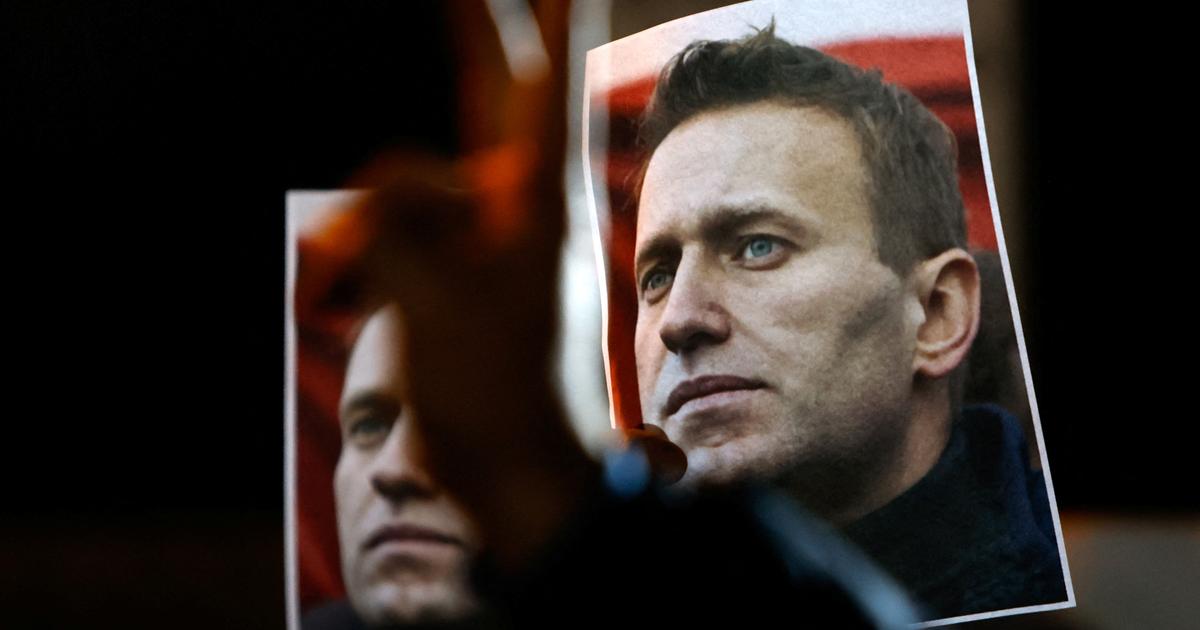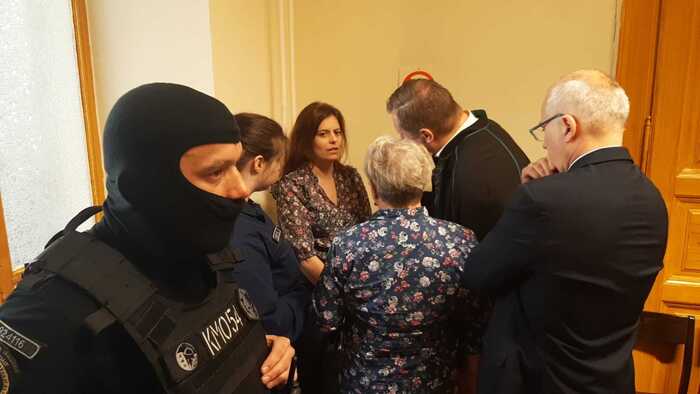I am not only a war child, I am also a war grandson. Grown up in the Rhineland At the end of the restorative fifties and in the period of upheaval and transition in the sixties and seventies, when work on the history of the Nazis began, as well as social and personal confrontation with the generation of perpetrators and bystanders, I am still struggling with the German wartime past. which is also an important part of my family history.
My grandfather, born in 1875, was a Prussian officer. He fought in the First World War for the last German emperor. Then he was in his hometown of Cologne alderman under Konrad Adenauer, the later founding chancellor of the Federal Republic. When Adenauer was deposed as Lord Mayor shortly after Hitler's seizure of power in 1933, my grandfather was to hand over the city to the Nazi Gauleiter. As a Nazi antagonist, he refused to extradite her to the "brown mob" and was subsequently released as well. He died bitterly in April 1939, five months before the new war began.
My father, Hermann Greven, took a similar and yet completely different path. He was born in April 1915, nine months after the beginning of the First World War, thus begotten immediately before. At our home stood a rind of a Nazi homeland poet, who had picked up an anecdote from my father's life at a passage. On feast days my father pulled out this book, which opened at one point by itself.
Again and again he read the same bombastic passage: My grandmother had learned that her husband was transferred that day with his unit from the East to the Western Front. That's why she stood at night at the Cologne Hohenzollern Bridge and presented him in the passing troop train my father, just born youngest of eight children - food for the next war.
Six years of horror in 20 lines
In 1933, "the year of salvation," as my father noted decades later in autobiographical notes, he graduated from high school and graduated from the Voluntary NS Labor Service. After a banking apprenticeship, he enlisted in military service, volunteered only for a year, forcibly recruited another year, and then studied business administration in Berlin.
On August 26, 1939, a few days before the war began, he was drafted. "First in Cologne in the air defense of the airfield Butzweilerhof," he noted in a note, "later in the advance in the West at a unit." In Belgium and northern France, they set up field airfields. "Then again Flak in the Belgian Kohlerevier at Mons, Dunkirk, Cap Gris Nez, Dieppe, Beauvais and Antwerp", he noted shortly. And: "Transfer to the Eastern Front, new unit assembled in the Senne, at the last moment new command: not to the Eastern Front, but in the far north, to Norway." After all, he had been replaced in the north in 1944 and sent to Italy on the southern front, "then to the Eastern Front - now in Poland, Memel, East Prussia, wounded, military hospital, back to the front in April 1945 until the end of the war, since 1943 as a first lieutenant. "
photo gallery
13 pictures
My father, the Nazi officer: the war that does not endIn just 20 types of typewritten lines, my father recorded in this note for almost six years, which he had experienced as a soldier, officer, and NSDAP member in a criminal war of conquest. He had written it as part of a whimsical self-portrayal on his 70th birthday - for a regulars' table of his men's home club.
He wrote about himself in the third person, as "Hermann". As if he had not been himself. What he experienced and suffered in all the war fronts and occupiers in Norway, how many people he killed, whether he was involved in Poland in 1944 in the suppression of the Warsaw Uprising and Jewish shootings, whether he was a convinced Nazi and out of this conviction for fought the "leader" and the "final victory": not a word.
Racist outbreaks
He never talked to me and my siblings about his time in the war, as most of his generation of offenders did. He told only again and again how he returned to Cologne in 1945 after a short British captivity and there found nothing but debris. "I could see the cathedral from the ring!" He said in horror every time. "There was not a single house left, all bombed by the British."
The ruins of his hometown and the entire "Third Reich" were also the ruins of his young life. At that time he was like the whole country and the survivors of nothing - and the blame for this war. A war that had brought disaster, ruin and death all over the world, wounding and destroying it. And in which the Nazis murdered six million European Jews as well as millions more in the territories occupied by Germany.
But he buried it all in himself. Because now it was necessary to build a new existence. He wrote to the third person about him: "He graduated as a business graduate, hungry like everyone else and then begins his professional career in Bad Ems as accountant of the local lead and silver mine of Stolberg zinc." There he met my future mother, married her in 1947. He fathered five children with her and became a good Catholic CDU member and accountant in a cooperative association. He managed to build modest prosperity in the young Federal Republic, with a semi-detached house, car, Sunday church and family walk.
Now and then it still broke out of him. Then he complains about the "Tommys", the "occupiers" in the neighboring British officer settlement. About "Japsen and Itaka ..., these losers and traitors", about "the Frenchmen", the "archenemy", about the "Bolsheviks, these subhumans". The "sozis" were just as hostile to him. About the GDR he spoke only as "SBZ" and "Central Germany". "Tripartite - never": this revanchist slogan of the Adenauer CDU was also his. After all, he had fought in the "Soviet occupied" East Prussia and today in Poland against the Red Army.
Heir to a dark past
Occasionally a friend of my father's youth came to visit. When he had drunk enough, he built the front and trenches on the dinner table with glasses, cups, plates, and salt from the salt shaker. Then he told us children how, as chief artillery officer behind the front, he steered the enemy's shelling to the finish. "Rudi, stop!" My dad shouted.
Did he talk to his friend and others about the war? Did he suffer from his complicity, the horrors he must have suffered, and his lost youth? Did he repent of what he did and confess it before his God? I do not know, at best I guessed it.
My father was a quick-tempered, bossy man, who did not allow closeness and rarely showed us friendly feelings towards children and my mother, let alone love and tenderness. He and my older brother roared together at the slightest offense. "Hard as Kruppstahl!", "A boy does not cry!", He ushered us. He tried to imitate his upper middle-class authoritarian father and looked at other authorities too. Probably because he had learned to follow first his father and then leaders. And his self-confidence was correspondingly small.
Our relationship remained difficult, even when I was already grown up. When he died suddenly in 1992 at the age of 77, I stood for a long time in front of his corpse, cried, mourned and scolded him, because I had wanted to talk to him so much, which remained forever unspoken.
In 1995, shortly after the 40th anniversary of the end of the war and the liberation by the Allies, my brother took his own life. Coincidence? I do not think so. He suffered like our other siblings and probably also my parents from depression: it is the legacy of an unrecovered past, which is passed on from generation to generation - as long as we do not face it.




/cloudfront-eu-central-1.images.arcpublishing.com/prisa/L7UV6HYZSBFUVLBENBP3VQG5QI.jpg)






/cloudfront-eu-central-1.images.arcpublishing.com/prisa/KMEYMJKESBAZBE4MRBAM4TGHIQ.jpg)



